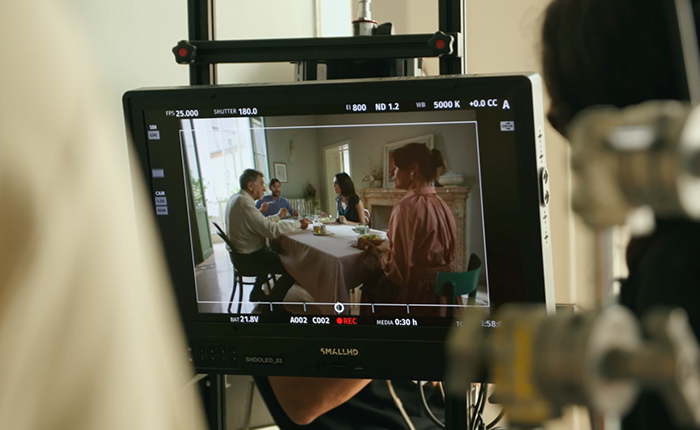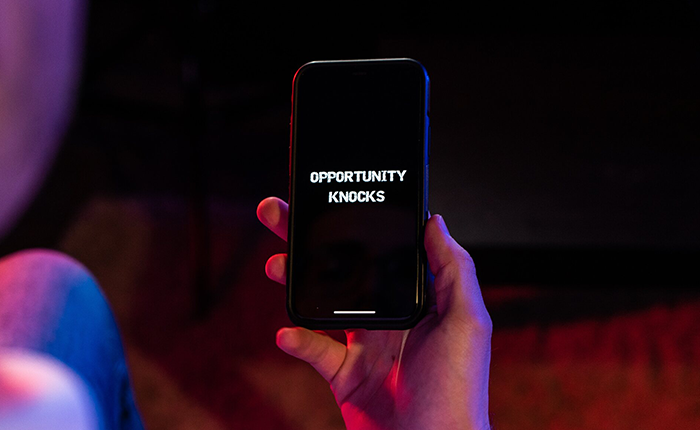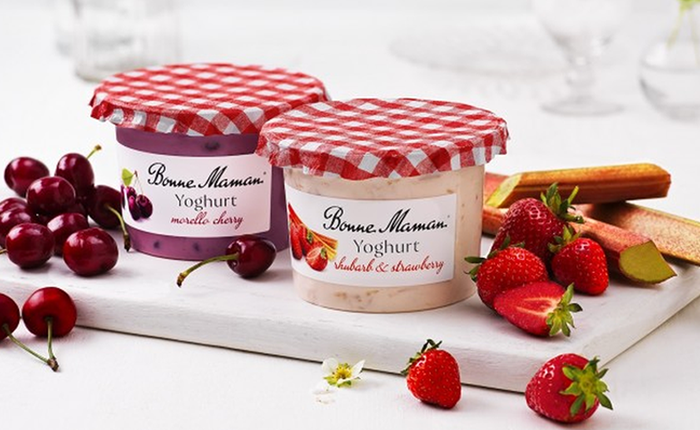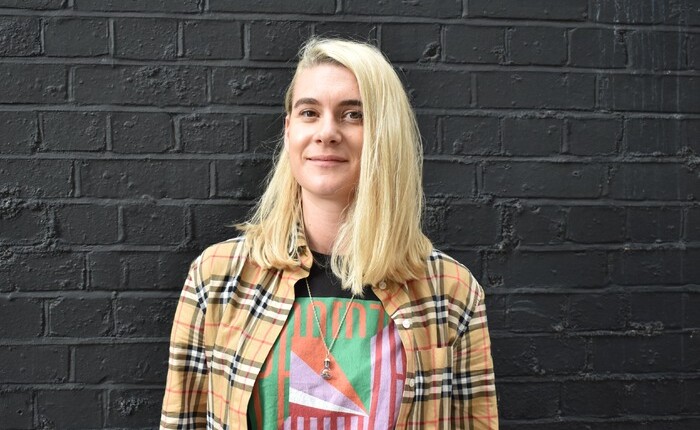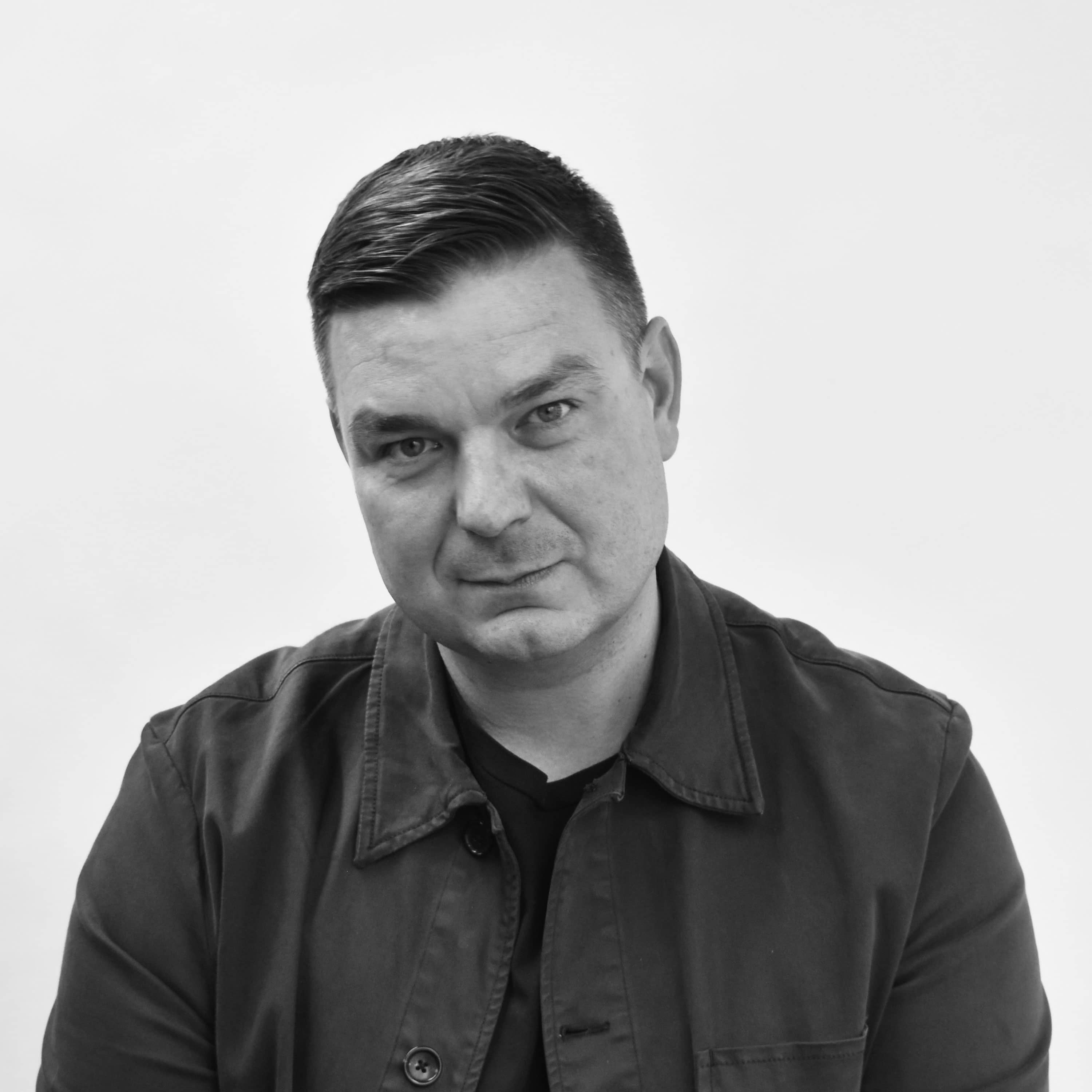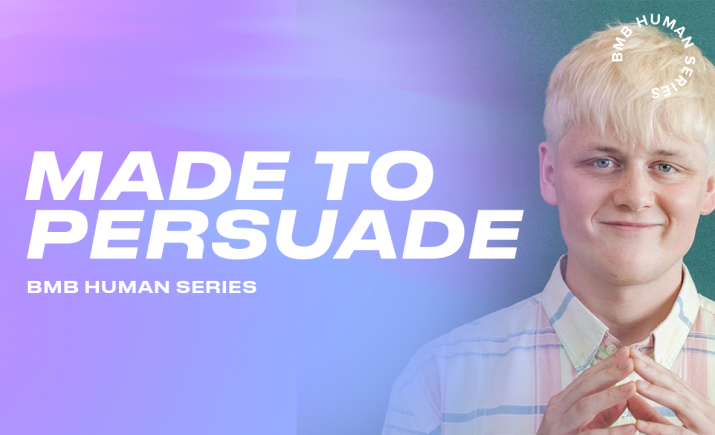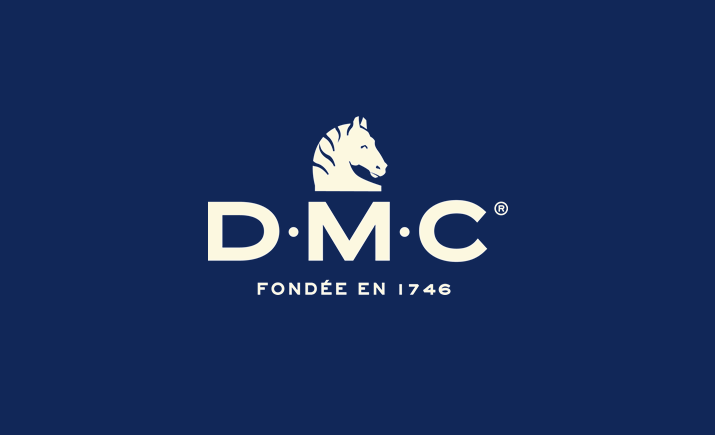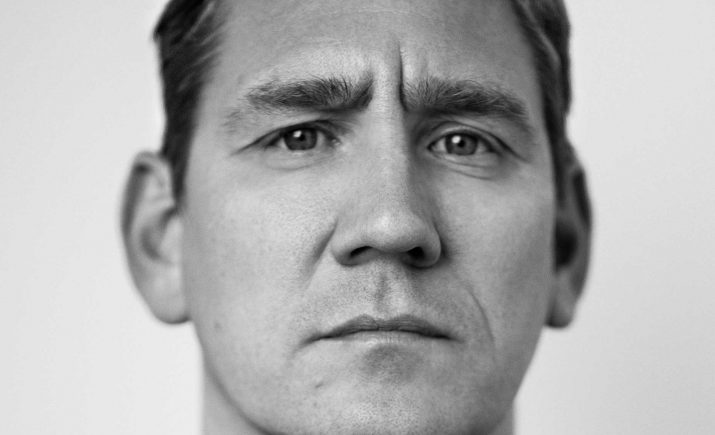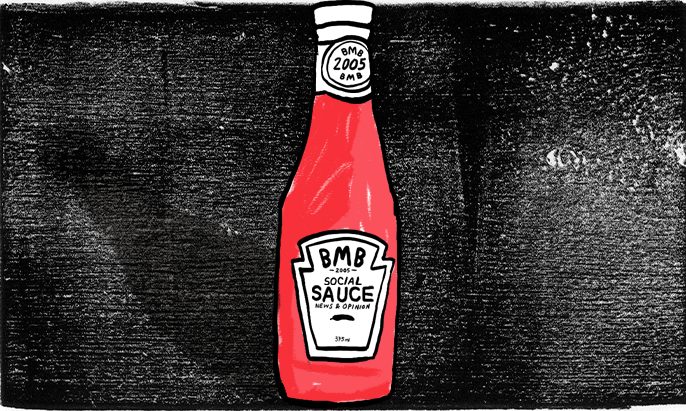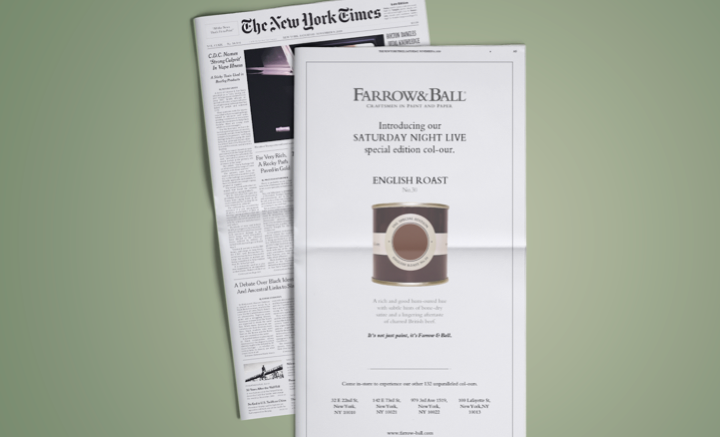
Feature
Out of the Lab, Into our Lives
22.10.19
Out of the Lab, Into our Lives
THE INTERSECTION OF MARKETING AND SCIENCE
Here at BMB, we recently hosted an event in collaboration with Neuro-Bio, bringing together experts in the business of biotech, neurodegenerative disease research and marketing to form a panel that could discuss the issues of the day; from money and complexity to how marketing can help make an impact in the science sector.
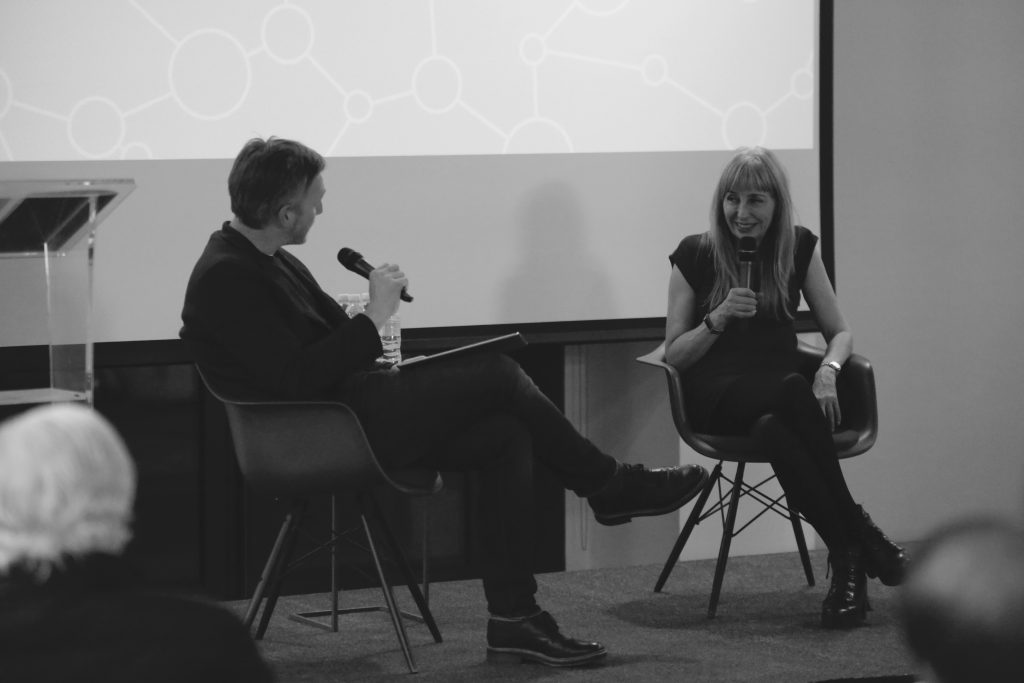
Baroness Greenfield, Neuro-Bio CEO, began the evening by explaining how she came to run a private company pursuing an end to neurodegenerative diseases. “I was a standard-issue Oxford academic doing my stuff; I didn’t aim to set up a company at all,” she explains. “We had this idea that was gradually becoming more and more clear as to what it could mean for Alzheimer’s. We went into the private sector, but this was not a particular plan – it was like a billiard ball going from one thing to another – you just respond to certain scenarios and it’s the best thing that ever happened to me. It’s really exciting to do this.”
It's not some hypothetical unicorn, we are actually on a track.
Baroness Susan Greenfield, CEO, Neuro-Bio
As a communicator, BMB’s CEO Jason expressed concerns about managing expectations in a scientific field that can be highly emotive. Headlines that state there are “cures to Alzheimer’s” can be damaging – Baroness Greenfield acknowledged this in her approach.
“On the one hand, you want to give people hope, but you also want to maintain realistic expectations. It has happened a lot where you’ll see a headline for the latest cure and the general public thinks it will happen tomorrow. What I say is ‘we’re on the case’. It won’t happen tomorrow, but we have lots of ideas. It’s not like some hypothetical unicorn, we are actually on a track.”
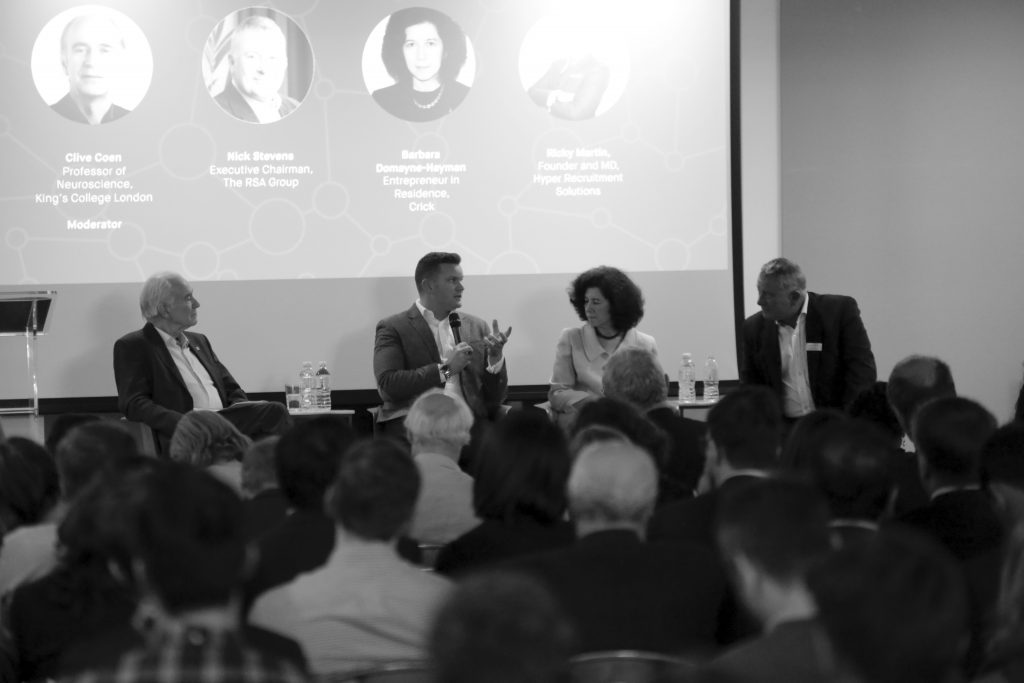
As if stopping Alzheimer’s and other neurodegenerative diseases weren’t enough – the pannel dug into some of the other key challenges faced by Neuro-Bio. Surprisingly, one of the main issues is still in the lab.
You need to express ideas in an accurate, non-specialist way – and that's where marketing comes in.
Baroness Susan Greenfield, CEO, Neuro-Bio
“Contrary to what you might think, scientists are not completely open-minded,” Greenfield says with a wry smile. “Imagine if you’d been working on something for ten, twenty years, something you care about, and someone comes along and says, actually, you know what? You’re wrong and I’ve got a better idea. How are you going to feel about that? There’ll be some resistance.”
In the world of scientific research, where does marketing come into the picture? Jason and Baroness Greenfield discuss whether there was a certain point at which it became clear that a marketing plan might be needed to break through in this space.
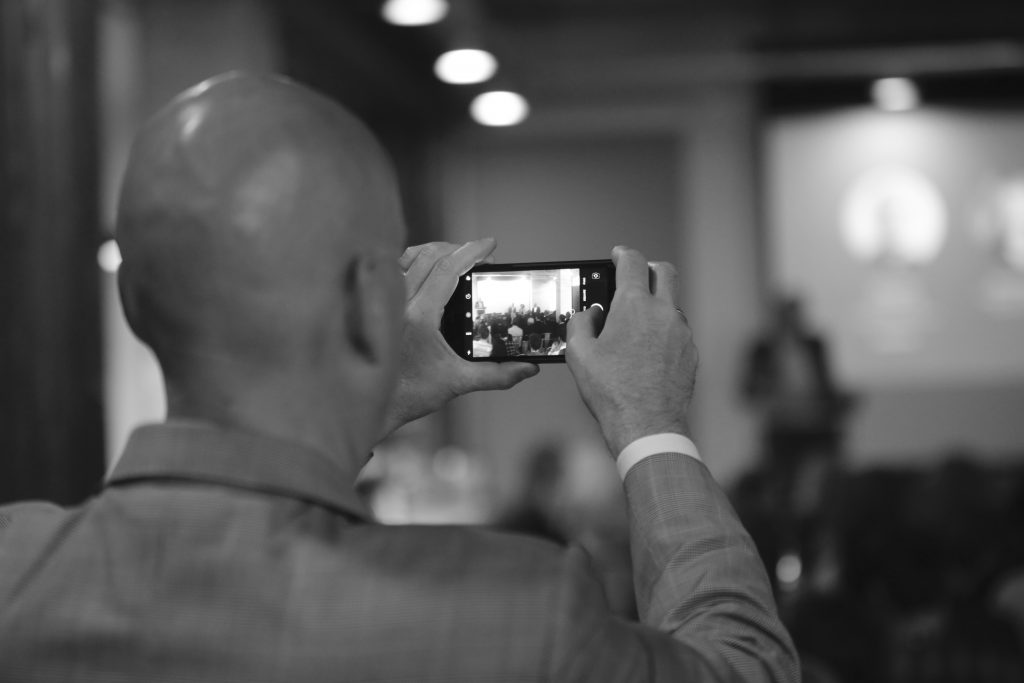
“When we jump from public to private sector, you’re talking to investors and they need a way to understand [the work]. You need to express your ideas in an accurate but clear and non-specialist way – and that’s where marketing comes in. Even something as direct as the logo is something that for me, as an academic, one wouldn’t traditionally have considered, but now we’re considering that.”
Working with scientists is not hard – rationality is a great thing.
Jason Cobbold, CEO, BMB
Presenting a modern face for science to the outside world can be tricky. “It strikes me from the outside that science is the pursuit of a very pure purpose,” said Jason, “and sometimes there is a sort of sense of contamination with marketing. What are the issues around that? Technology has learned to market itself extremely well, but is that the case for science?”
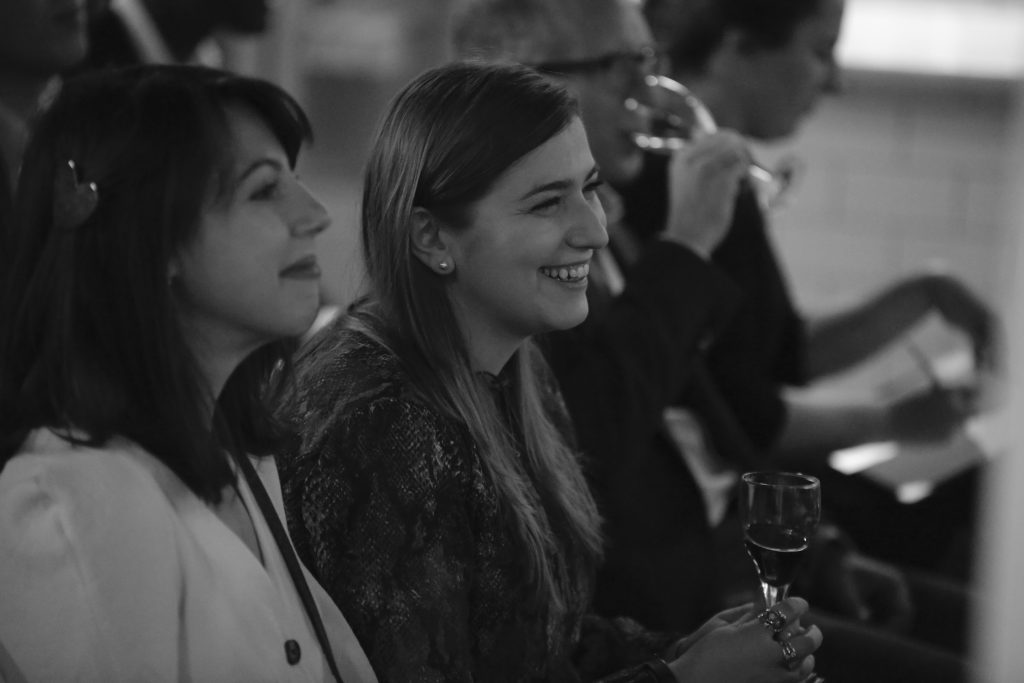
“Often science is considered the ‘nerdy’ thing,” responded Greenfield. “It has an image problem, and that’s why working with a company like BMB can start to help with that. It’s great for you, in the challenge and creativity that science poses, and it’s good for science as it means we are much more attractive to investors if we can package ourselves in a way that people are comfortable with.”
Turning the tables, Baroness Greenfield asked Jason if he saw any hurdles in working with scientists. “I think there is a misconception that marketing is somehow changing the substance of something,” he says. “But look at all the brands that we love, there is an authenticity about them and you don’t try and hide that. I think there’s a little bit of grappling with that. Marketing has jargon too, so how do we make sure people understand what we are trying to do? Working with scientists is not hard – rationality is a great thing.”
